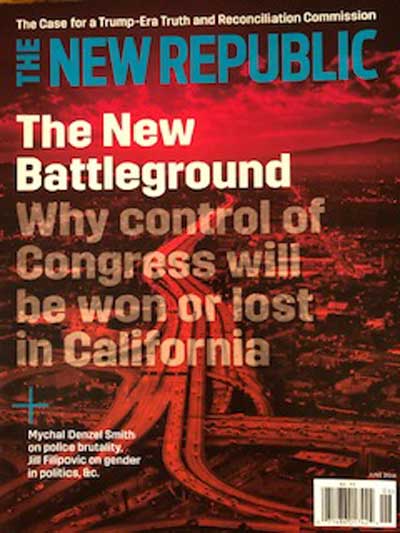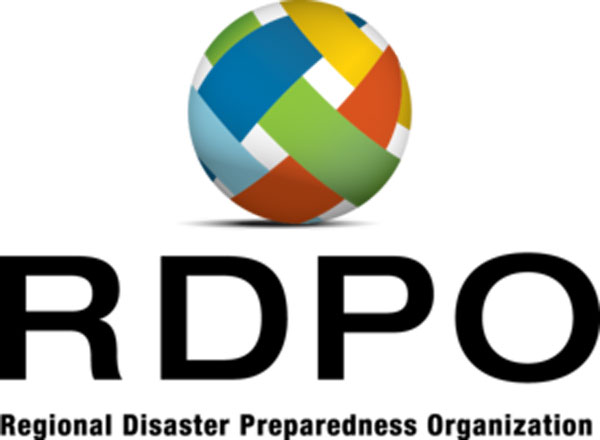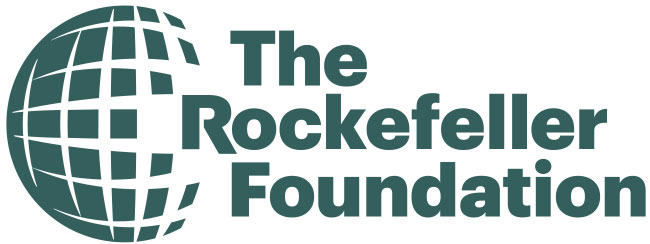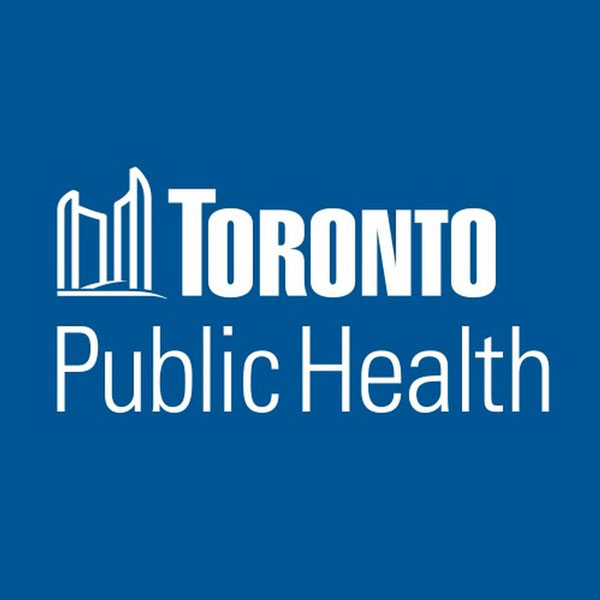Read below about some of our current and past projects, and the recognition we’ve received for our work. If you’re interested in exploring a similar project for your area, please contact us. We would love to discuss how to get a project started.
Click the images below to learn more about our work.

Kim Zeuli was honored to be invited to speak at the 2023 U.S. National Homeland Security Conference. She presented our ongoing work in Portland that is helping to connect federal, regional and community emergency food planning efforts.

Sean Cooper’s excellent article, “Is America Ready for the next superstorm?” includes our insights on food systems and makes the case for our ongoing work.
Kim Zeuli was a featured speaker at the 2023 international webinar “The Future of Accessible and Affordable Food” hosted by the Canadian think tank Rethink Sustainability Initiatives (RSI).






Stay informed about the latest in Food System Disaster Planning.
Stay informed about the latest in Sustained Emergency Food Planning.
The Food Foundation in the U.K. asked us to develop a webinar series and resources for their Food Cities 2022 Learning Partnership on emergency food planning. We took a novel approach in structuring the webinar series on the topic that a one-size-fits-all approach to emergency food planning is not sufficient. Different types of disasters drive distinct sets of food system problems, requiring unique solutions. The webinar series explored emergency food initiatives in the context of four different crises:
The five-part webinar series featured an incredible group of over 20 speakers that included experts in emergency food planning from the FAO, WFP, C40, Milan Urban Food Policy Pact, RUAF, and practitioners worldwide that lead emergency food initiatives locally.
We covered a diverse set of topics that resonated with hundreds of city leaders worldwide.
We partnered with Toronto Public Health and the City of Toronto, with support from Cadmus, to conduct a vulnerability assessment of their food system.
Resilient Food Systems, Resilient Cities: A High-Level Vulnerability Assessment of Toronto’s Food System examines the potential impact of flooding, an extended heatwave, and a major winter ice storm on their food supply and food access, and public health issues.
Our assessment of Toronto’s food system helped make food a priority in the city’s new 100 Resilient Cities plan. ARISE Canada (Private Sector Alliance for Disaster Resilience, launched in 2015 by the United Nations Office for Disaster Risk Reduction) is working with City partners to activate private food companies to address some of the vulnerabilities highlighted in our report.
Regional Disaster Preparedness Organization (RDPO) is a multi-sector partnership funded by FEMA to increase the region’s resilience to disasters. RDPO engaged us to lead a scoping study that prioritized hazards, engaged the community, and identified partners for food system preparedness.
Our seminal study was commissioned by the City of Boston for the first food system resilience assessment in the U.S. The report, Resilient Food Systems, Resilient Cities, has influenced leaders in the region to take steps to address food system vulnerabilities.
After completing our food system vulnerability assessment, Boston was selected to join the 100 Resilient Cities Network, where they incorporated recommendations from the study into the city’s resilience strategy.
The Massachusetts Food Policy Council used the study to develop its climate resilience priorities. It created the foundation for the actionable items of the Metro Boston Climate Preparedness Taskforce and 14 Greater Boston municipalities coordinating regional, cross-government action plans to prepare for the effects of climate change.
The Council’s Massachusetts Local Food Action Plan, released in 2015, included several recommendations to improve the state’s food system’s resilience, focusing on strengthening the stability of fresh food distribution centers as one of its three priorities.
Commissioned by the Rockefeller Foundation
The Resilience of America’s Food Systems: Evidence from five cities outlines a playbook for city leaders to strengthen the resilience of their urban food systems in case of natural disaster. It provides five recommendations to ensure access to food in all neighborhoods returns to pre-disaster levels as quickly as possible.
Kim Zeuli was invited to serve as a Research Fellow with the Miami Urban Future Initiative (MUFI) at Florida International University to analyze the resilience of Miami’s food system.